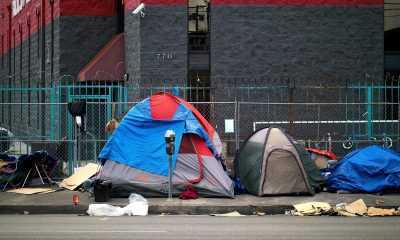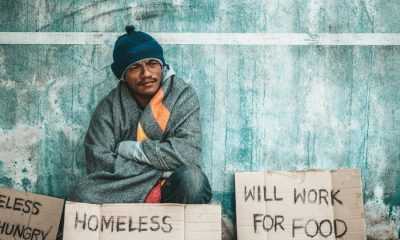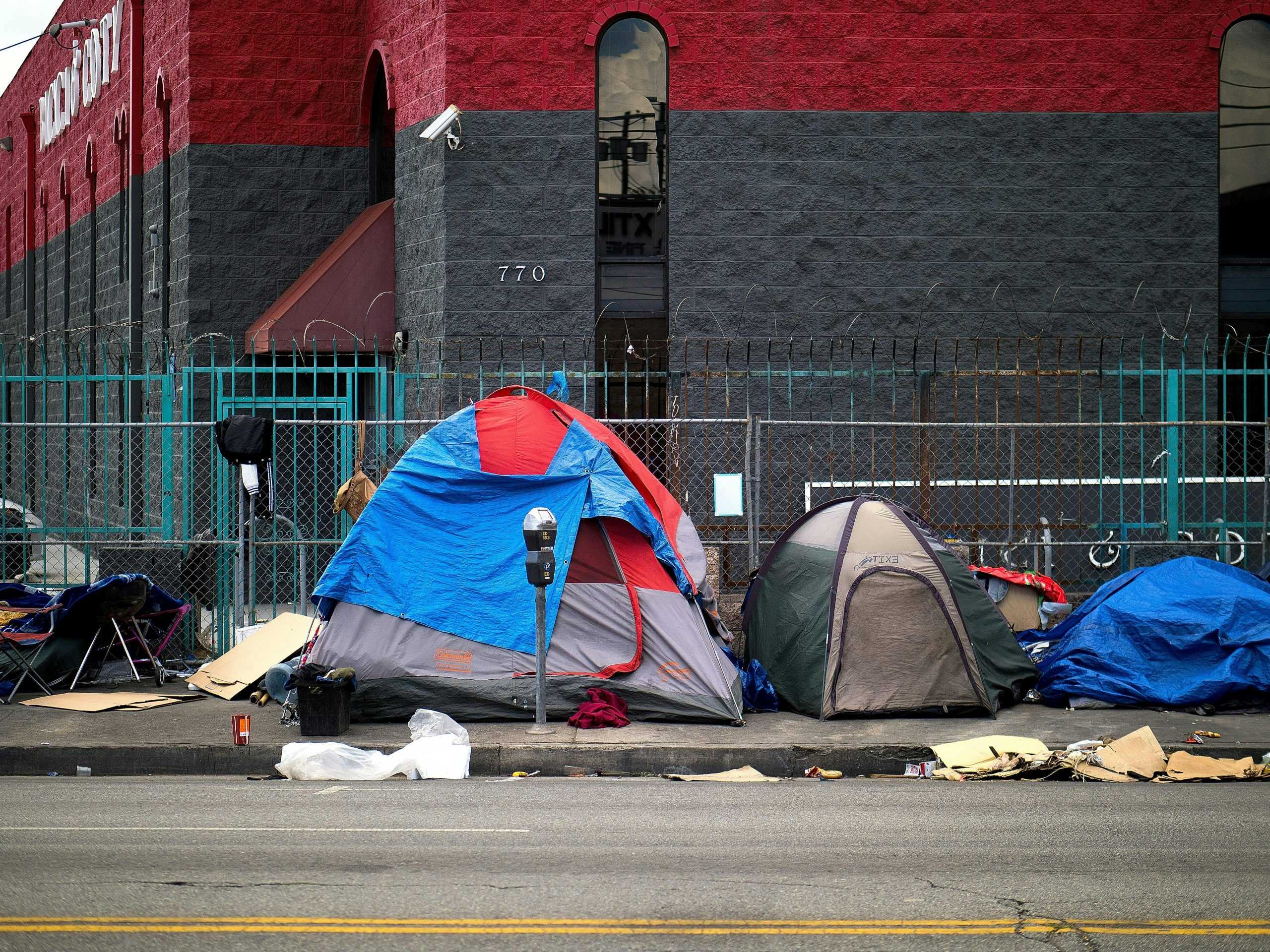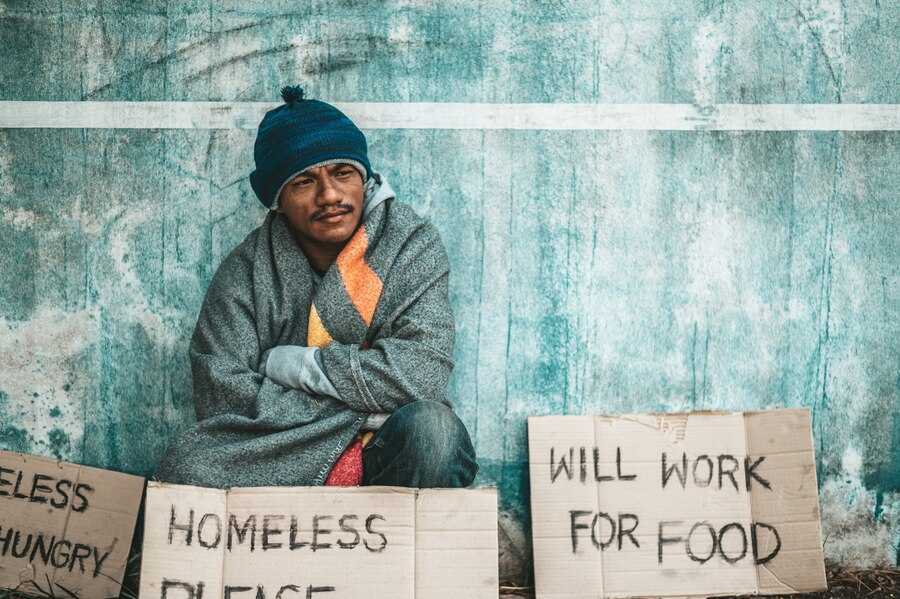BY MICHAEL THOMAS
It is no secret that homelessness is strangling this city. In last week’s front-page article titled “Almost Homeless” we highlighted this plight, and this time I am back to shed more light on this very dark road that Toronto is traveling down.
Recent city data shows the number of tents in ravines, parks, and under bridges is more than double last spring’s count. City outreach workers have counted 82 tents or other makeshift shelters set up citywide (March 15th, 2023), which has gone up to 202 on the same date this year and counting.
Things have gotten so bad that veteran Toronto outreach worker Diana Chan McNally said, “It’s just an overall explosion in homelessness.”
Here are some of the locations in Justin Trudeau’s Canada: Clarence Square Park, Milliken Park in Scarborough, the parklands along the west-end Humber River, and Rowntree Mills Park by the banks of the Humber River north of Finch.
The skyrocketing cost of rent coupled with a lack of housing, especially in the last four years, has played a vital role in all this.
Greg Cook, a long-time outreach worker, revealed that 1,056 people entered shelters in February versus the 864 who moved out. An average of 158 people each day that month called to find a bed but were turned away. The city count can be slightly off because some homeless encampments are hidden.
Chan McNally noted that this affects longtime Torontonians who have lost their homes and also recent refugees as well, “There’s also this ongoing process of more and more people falling into homelessness,” she said. As we continue on the homeless ride even the TTC Toronto Transit Commission is being made to feel the bite of shared hopelessness in Trudeau’s Canada. Imagine buses now being used as overnight shelters in Toronto Canada, a place that refers to the Caribbean as third-world countries.
Toronto’s Mayor Olivia Chow said, “We have never had so many people living in shelters, over 10,000 people so for us every day is a challenge.”
Lorraine Lam from Shelter Housing Justice Network said, “I may know somebody who rides the subway to stay warm throughout the day and as long as they can at night, or going to the mall, libraries, some folks are sitting at the hospital emergency rooms just waiting for an option.”
This hardly sounds like a developed first-world country to me!!!
Rafi Aaron of Interfaith Coalition to Fight Homelessness said, “We need to have continuously open 24-hour warming centers throughout the entire winter, serving hot meals with low barriers that people will come in and use them.”
“We need to support people in encampments. Turning away this many people, evicting people only forces them into ravines,” Aaron said.
Mark Aston, Executive Director of Covenant House said, “Last year we saw 60% in the number of visits to our drop-in center, and a 30% increase overall in youths showing up at our doors needing emergency support, and this year we are seeing this trend continue.”
In the meantime, Faith Lomas, a 19-year-old woman who has been homeless since she was 17, confesses to a news source that she rides the TTC continuously just trying to get away from the deep freeze of “old man winter” in Toronto.
The icing on this cake of homelessness is hunger, something homeless folks know all too well. In 2023, nearly two million Canadians accessed food banks and one million more Canadians are expected to use a food bank for the first time this year, and as they say, the story continues.
In the meantime, Justin Trudeau’s regime recently announced it has committed 80 million dollars of the taxpayer’s money, sending Canadian soldiers to Jamaica to train a multinational force to meddle in Haiti’s business, under the disguise of peacekeeping. All this, while many Canadians are “Homeless and Hungry”.
Can someone please tell me that this is not by design?
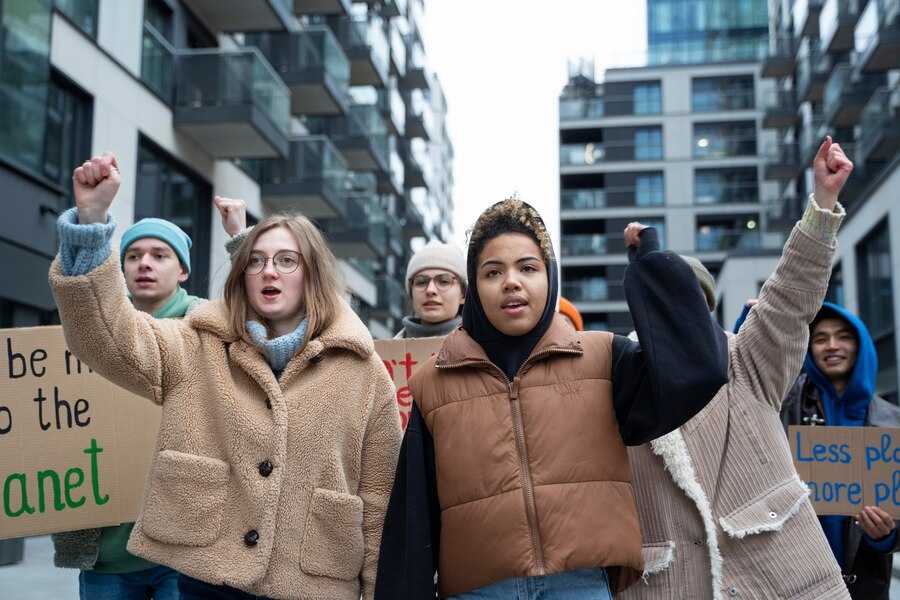

 Community News2 weeks ago
Community News2 weeks ago
 Community News1 week ago
Community News1 week ago
 Community News1 week ago
Community News1 week ago
 Community News1 week ago
Community News1 week ago
 Community News2 weeks ago
Community News2 weeks ago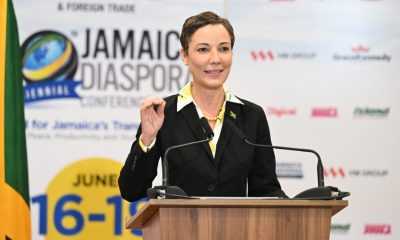
 Community News1 week ago
Community News1 week ago
 Community News2 weeks ago
Community News2 weeks ago
 Community News1 week ago
Community News1 week ago



